Earth Commons Fellowships enable interdisciplinary research, education and service on various aspects of environment and sustainability challenges and scholarship.
Accepting applications: Academic Postdoctoral Fellowship Fall 2026
The Earth Commons; Georgetown University’s Institute for Environment and Sustainability (ECo) invites applications for postdoctoral academic fellowships for start dates of Fall 2026.
Postdoctoral fellows
The Earth Commons Academic Postdoctoral Fellowship (ECo Fellows) enables interdisciplinary research on various aspects of environment and sustainability challenges and scholarship (e.g., climate and climate change, biodiversity conservation, food and water security, environmental justice). ECo Fellows also co-teach with a faculty mentor for one semester.
Applicants to the postdoctoral fellowship propose to conduct research and teach with one or more Earth Commons Faculty Affiliate Mentors. Postdoctoral Fellowships are awarded for two years, although year two is contingent upon successful progress in year one. In accepting the appointment, the fellow is expected to be in residence at Georgetown University except for absences agreed upon with mentor(s).
Stephen Bourguet
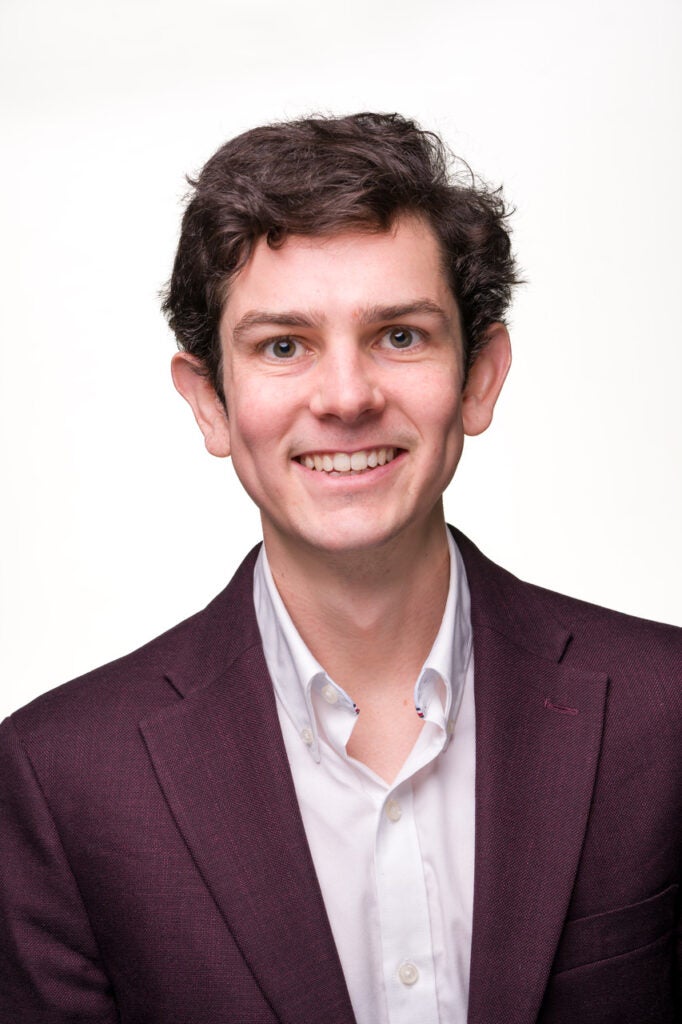
Stephen Bourguet is a climate scientist working with Prof. Megan Lickley on the emission and fate of fluorinated compounds. These chemicals lead to ozone destruction and are potent greenhouse gases, so understanding how long they will stay in the atmosphere is crucial for projecting the recovery of the ozone layer and future changes to Earth’s climate. Before Georgetown, Stephen completed his PhD in Harvard University’s Department of Earth and Planetary Sciences and his undergraduate studies at Brown University. Outside of work, Stephen is an avid runner and proud dog dad.
Gabrielle Carmine
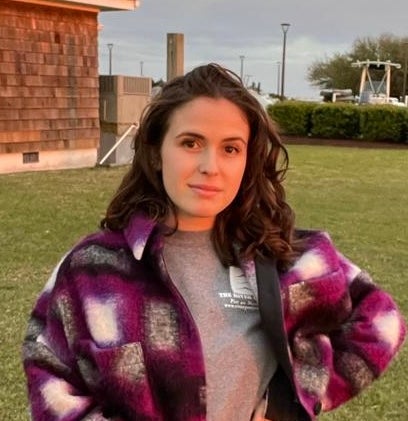
Gabrielle Carmine is a marine sustainability scientist specializing in quantitative and geospatial analysis for ocean conservation solutions. Dr. Carmine’s work focuses on industrial fishing in the high seas, or the ~2/3 of the ocean lying beyond a nation’s exclusive economic zone. Fish landings from the high seas quadrupled between 1950 and 1990 and have led to the overexploitation of marine biodiversity, with almost no ocean area free from fishing today. Her previous PhD work from Duke University’s Nicholas School of the Environment examined the ways in which fishing on the high seas is conducted and led by corporate actors without appropriate accountability by regional international governing bodies (RFMOs) and the ways this state of affairs may negatively impact conservation of high seas biodiversity. Using geospatial analyses of satellite-derived apparent fishing activity, she quantified and examined high seas fisheries dynamics through their beneficial ownership, governance under RFMOs, and possible solutions through the recently agreed United Nations treaty for Biodiversity Beyond National Jurisdiction (BBNJ).
Her post-doctoral work with Dr. Rebecca Helm aims to utilize ecological, economic, and governance datasets to identify targeted policy solutions that would reduce high seas fishing vessel over-capacity. She will apply this work to the future implementation of the UN BBNJ treaty, which presents a unique opportunity to limit fishing capacity and add to the work of redefining sustainable fisheries in the Anthropocene.
Jonathan Dooley

As a postdoctoral fellow, Dooley develops new methods to interpret atmospheric greenhouse gas data from satellites. Particularly interested in understanding complex urban and agricultural areas, his research includes various anthropogenic sources as well as carbon capture in the biosphere. Dooley works with Prof. Taylor Jones to design novel environmental sensing equipment useful for estimating ecosystem carbon exchange in urban and forested environments. Dooley received a B.S. in Physics from George Mason University and began graduate research in optical instrumentation at New Mexico Tech. With extensive exposure to embedded and networked control systems as well as a strong background in spectroscopy, Dooley shifted focus to designing instruments used for atmospheric chemistry. His doctoral research focused on the development and validation of an airborne system to quantify various methane sources emitting at or below the detection threshold of other aircraft and space-based monitoring systems. Much of this work was in collaboration and support from Los Alamos National Lab (LANL), Sandia National Lab, and the New Mexico Consortium.
Addressing the global imbalance between carbon emission and sequestration will be the defining legacy of our society. At Georgetown, Dr. Dooley aims to use his varied set of experiences – from embedded sensor design to atmospheric spectroscopy – to develop a multi-scale approach to carbon exchange monitoring and adaptation. The combination of ground, aircraft, and space-based measurement strategies is essential to constrain and validate the carbon flux estimates driving climate policies and mitigation strategies.
Bryant Dossman
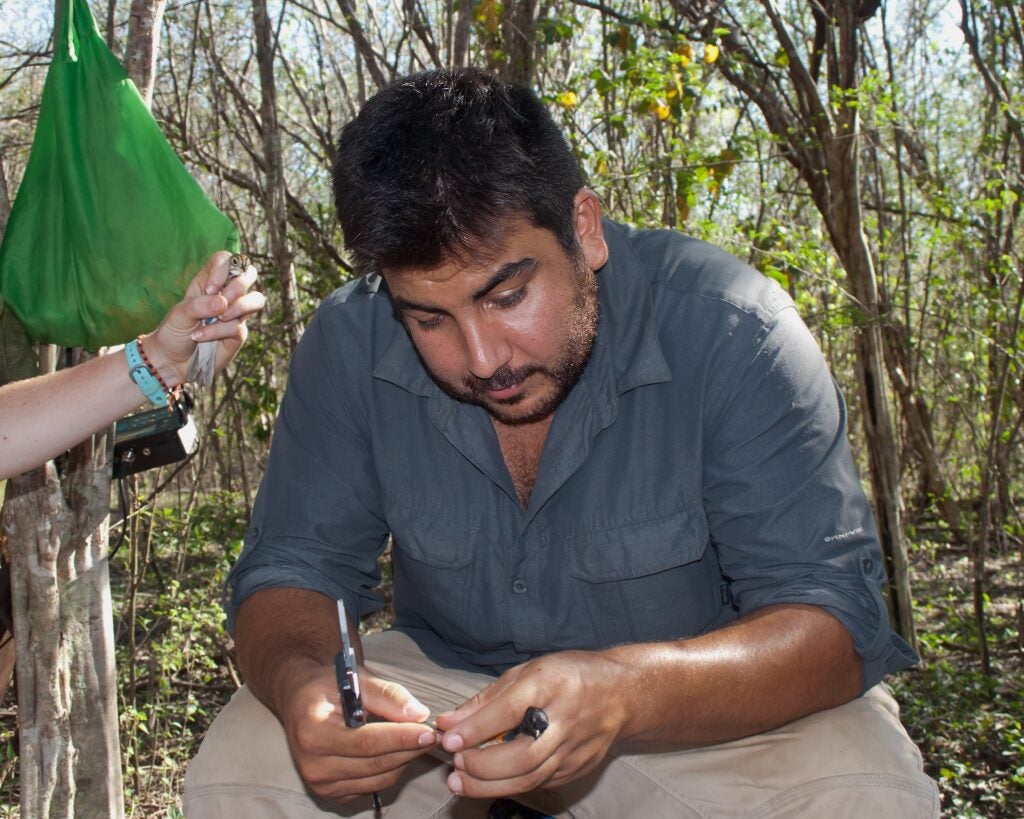
As a behavioral and population ecologist, Bryant Dossman focuses on understanding the mechanisms driving species’ responses to global change. His research centers on animal movement as a critical link between individual behavior and population dynamics. He is particularly interested in how seasonal interactions influence population dynamics, movement, and behavior across different periods of the annual cycle.
With a focus on migratory birds, he employs cutting-edge tracking technologies and innovative quantitative approaches to investigate the causes and consequences of individual movement and behavior. His work on American Redstarts has revealed critical insights into how nonbreeding conditions can directly influence migratory behavior, survival, and breeding range dynamics, providing invaluable insights for migratory bird conservation.
Beyond his research, Bryant is committed to the scientific community and passionate about education. He actively mentors young scientists and engages in outreach programs to foster a deeper understanding of ecological issues among the general public
Tom Iwanicki
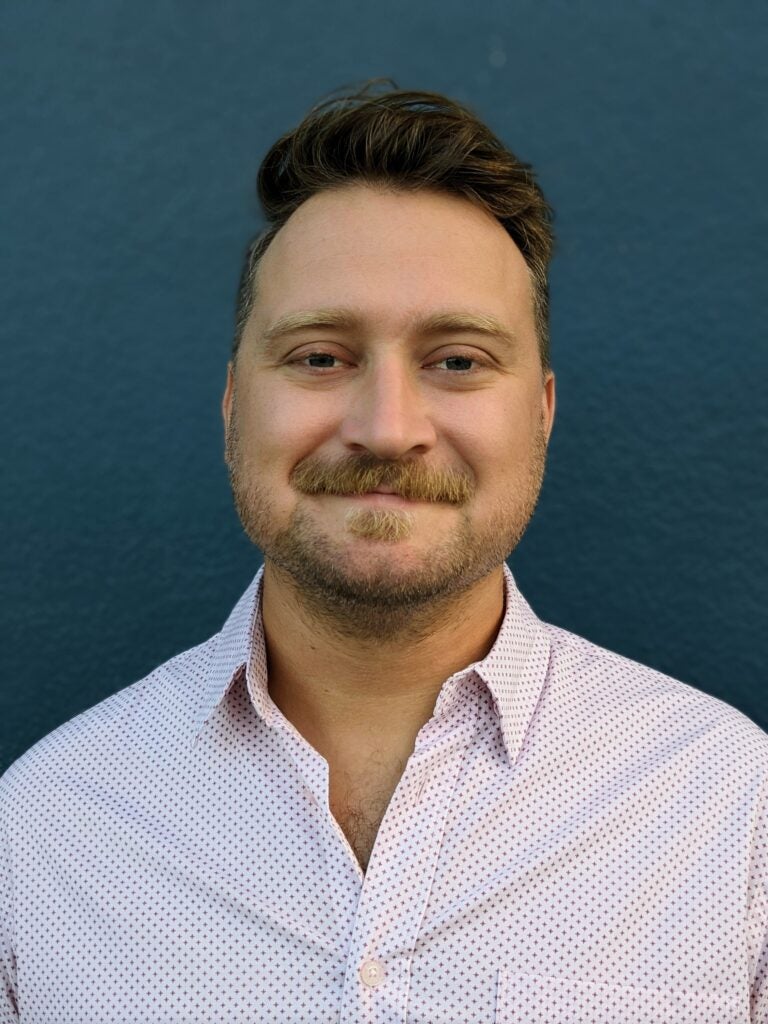
Dr. Iwanicki is a postdoctoral fellow and sensory ecologist studying the neustonic zone, the crucial and often overlooked layer of the ocean’s surface. His research not only unravels the mysteries of this unique habitat, but also sheds light on the impact of human activities, such as plastic and light pollution, to marine ecosystems. Using underwater photography and spectral measurements, Dr. Iwanicki characterizes light conditions and catalogs the diversity of animal coloration within this habitat. He models how and what animals see, particularly key and threatened species like sea turtles and seabirds, to better understand marine ecology and human impacts. By understanding the light environment and visual ecology at the ocean’s surface, Dr. Iwanicki seeks to emphasize the neustonic region as a unique habitat that requires distinct conservation policies. His work will support the development of effective regulations to mitigate the impacts of plastic pollution and light pollution, safeguarding the delicate balance of our oceans and biodiversity
Arjun Nellikkattil
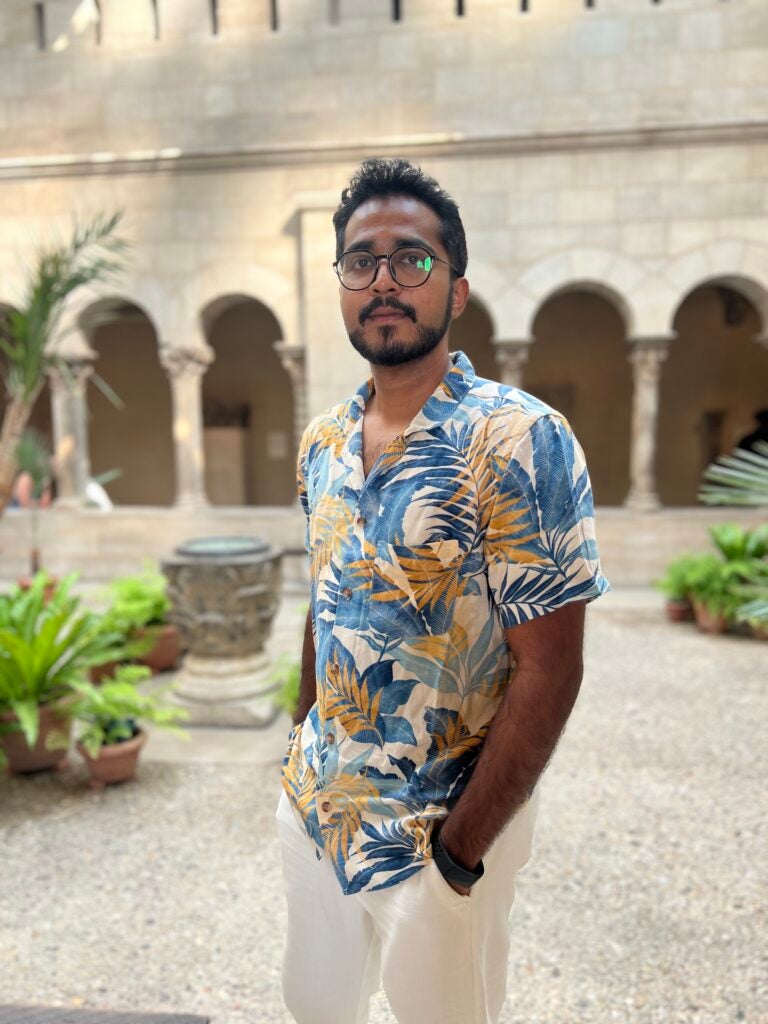
Arjun is a climate physicist who applies advanced mathematical and machine learning techniques to study future changes in mean and extreme climate. During his Ph.D., he developed a generalized feature detection method to identify extreme events such as cyclones and atmospheric rivers. He is currently working with Prof. Megan Lickley to develop advanced machine learning algorithms that detect changes in future rainfall patterns, providing early warnings and reducing uncertainties. Arjun’s research also includes estimating the economic and health risks posed by climate change, with a particular emphasis on extreme events. His work aims to determine when these impacts will become distinguishable from the current climate and when actionable confidence in these changes can be achieved. These analyses will help policy makers to make effective resource allocation and better adaptation methods. By providing these insights, Arjun’s analyses will help policymakers allocate resources effectively and develop better adaptation strategies to mitigate the risks of climate change.
Barwendé Médard Sané
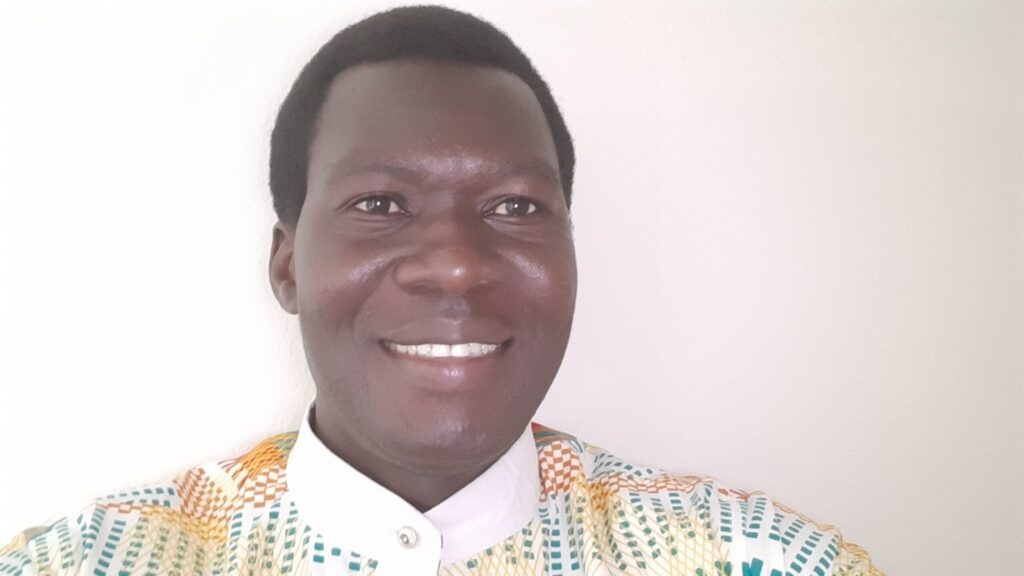
Fr. Barwendé Médard Sané, SJ, Ed.D is a postdoctoral researcher at Georgetown University’s Environmental Justice Program. His research centers on the integration of Afrocentric epistemologies in the pursuit of environmental justice. Sané is passionately committed to developing strategic peacebuilding education modules rooted in African values, integral ecology, and Catholic principles. His inquiry delves into how Afrocentric ecologists, guided by non-Western values, champion human dignity, care for all living beings, and foster the common good within a sustainable environment. Sané challenges the adequacy of modern science in addressing climate change and rectifying environmental disparities for marginalized communities. He firmly believes that achieving environmental justice necessitates epistemological justice, valuing diverse forms of knowledge and traditions.
Mae Saslaw
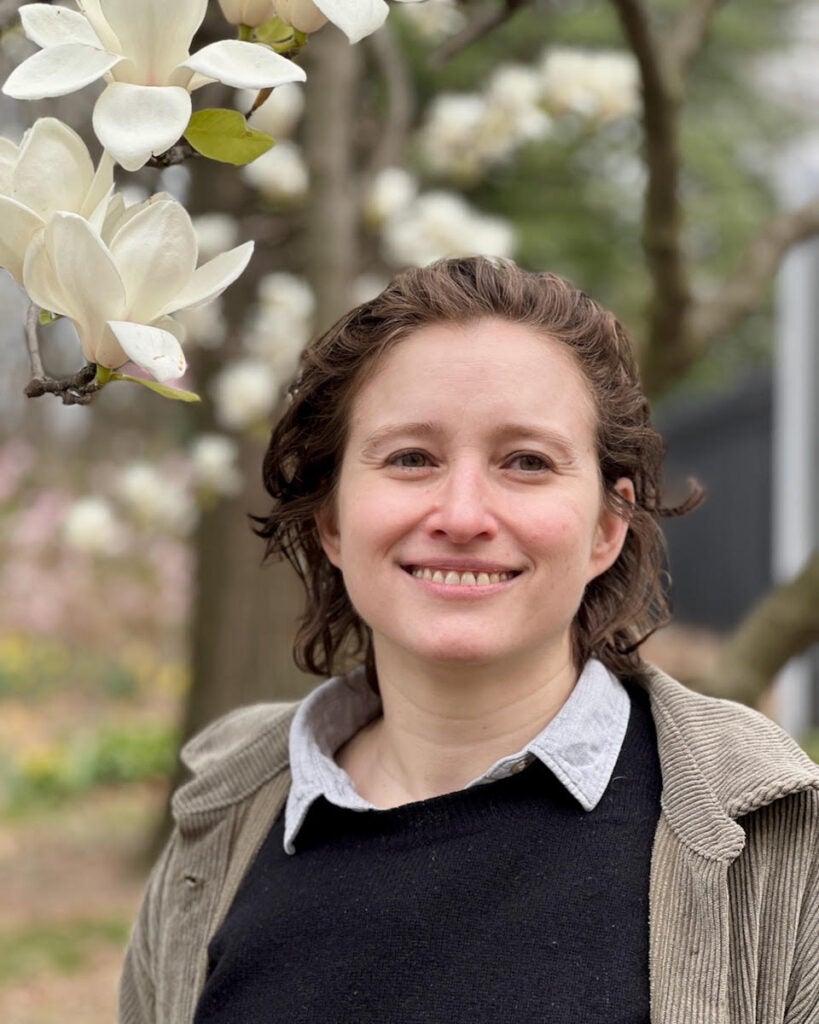
Mae is a paleoclimate researcher and geochemist working with Dr. Dagomar Degroot. As a postdoctoral fellow, Mae studies the climate history of the Chesapeake Bay region, with an emphasis on ecological and social responses to severe weather. Her work involves compiling paleoclimate data and developing new records using stable isotope measurements, field observations of the landscape and sediment, and analysis of maps and historical sources. She is interested in using climate data from the past and present to inform future water and soil resource management decisions.
Mae is also a collaborator on multiple projects synthesizing climate records from the Miocene, when global temperatures were ~4°C above pre-industrial. She completed her PhD at Stony Brook University, where she developed a new method for clumped isotope paleothermometry that enables interpretations of very old carbonate samples, and contributed data and mass balance modeling for Kenya’s Lake Turkana, the largest desert lake in the world. Mae holds a BS in Geology from Portland State University and a BFA in Writing from Pratt Institute.
Calandra Stanley
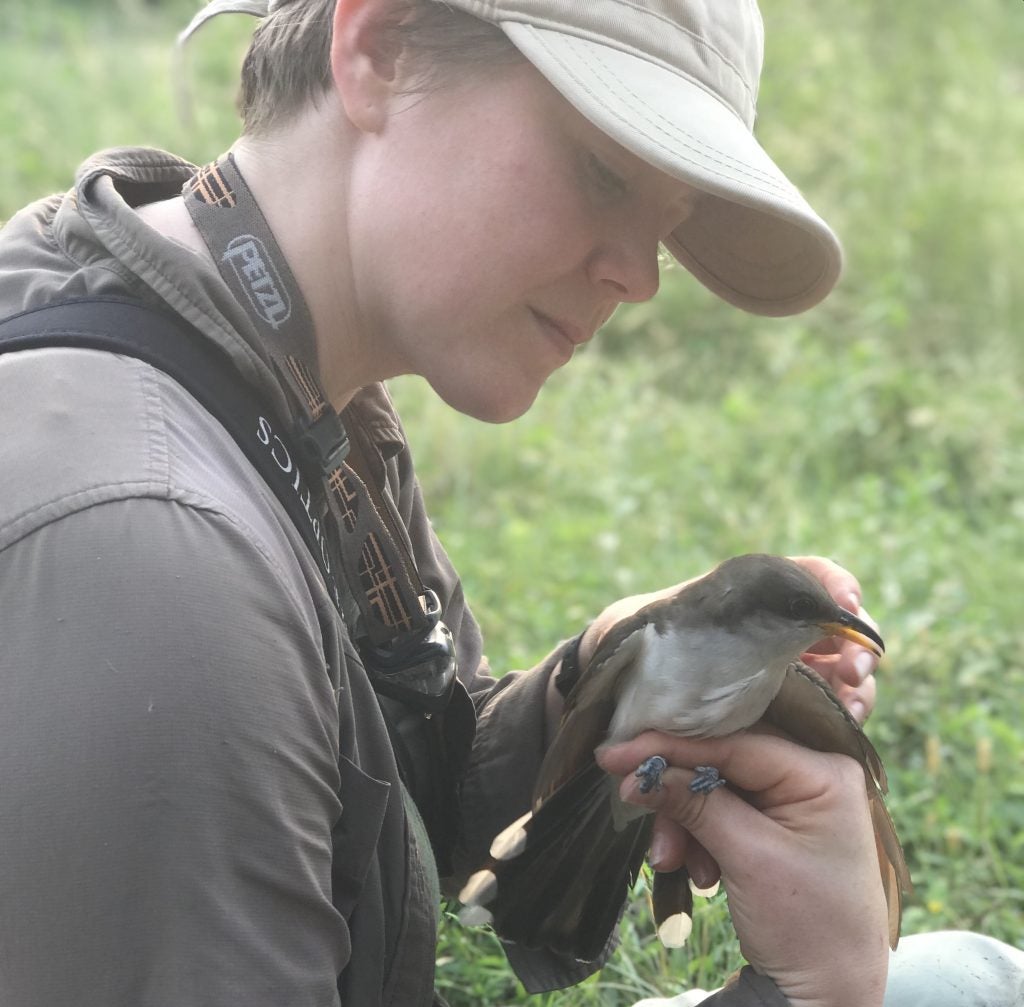
Calandra Stanley is an avian behavioral ecologist and conservation biologist who conducts fundamental and applied research to understand the processes and mechanisms driving the response of individuals, and in turn, the capacity of populations to respond to environmental change. Her research program has focused on migratory bird systems and falls into two main themes: (1) Elucidating drivers of animal movement and (2) Bridging gaps in full-annual cycle conservation science for declining species. To achieve this goal, she focuses on movement strategies as a key behavioral trait and uses both empirical and experimental approaches that integrate cutting-edge technology with captive and field studies that span across the Western hemisphere. For her postdoctoral research she has developed a collaborative international research program that takes a full-annual cycle approach to investigate the drivers of population decline of Yellow-billed cuckoos (Coccyzus americanus), a U.S. federally threatened migratory bird. She earned her Ph.D. in biological sciences at the University of Maryland, College Park under the supervision of Dr. Peter Marra and Dr. Michele Dudash. Her dissertation quantified patterns of movement and their ecological drivers across the annual cycle for a declining migratory songbird (Hylocichla mustelina) and built on research conducted during her M.Sc. on the non-breeding ecology of Hylocichla mustelina at York University with Dr. Bridget Stutchbury.
Gabriel L. Suchodolski
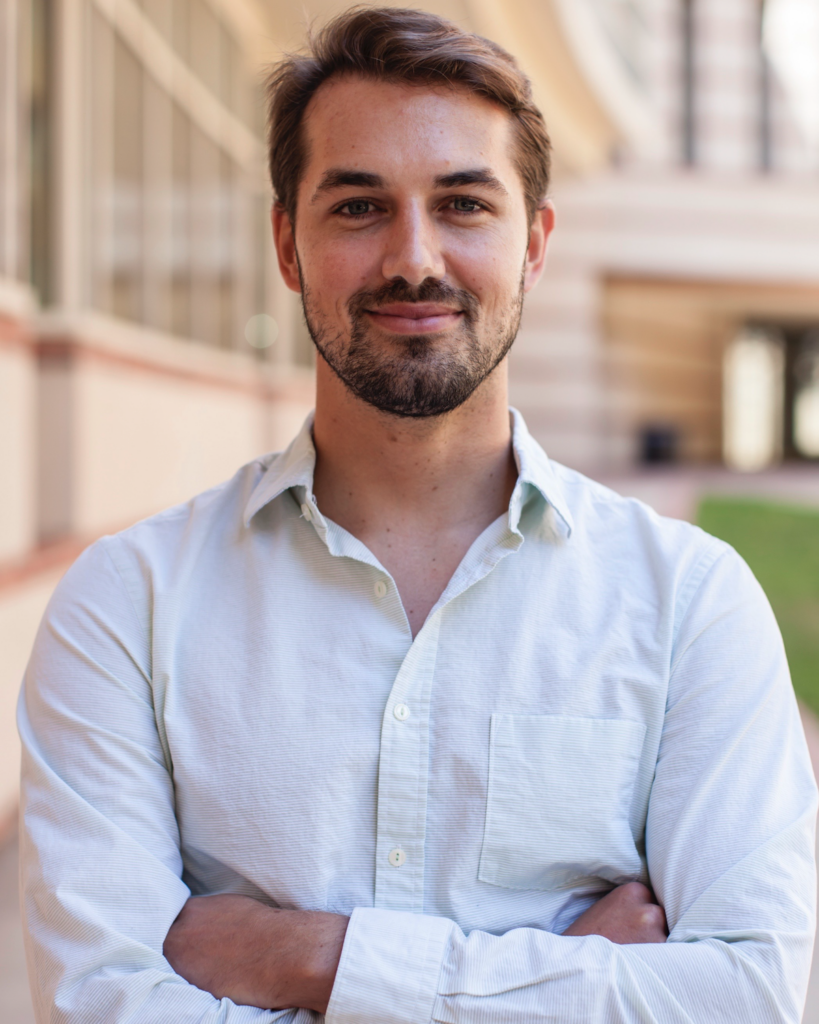
Gabriel L. Suchodolski is a political sociologist of development and environmental governance. He is interested in how states and civil society can deliberately change natural resource use. His research analyzes land policy, politics, and deforestation in Amazonia—the most human-sensitive global climate ‘tipping point.’ Gabriel draws on ten years of ethnographic fieldwork, comparative historical analysis, and quantitative data to explain social-environmental dynamics in Amazonia. He earned his PhD in Sociology from the University of California, Los Angeles, an MA in Anthropology from Columbia University, an MA in Sociology from Rio de Janeiro State University, and a BA in International Relations from the University of São Paulo. Before his PhD, Gabriel worked at the New Social Cartography of the Amazon Project (PNCSA) in Manaus, Brazil, where he assisted traditional communities and social movements in mapping the social use of their territories.
Francine Van den Brandeler
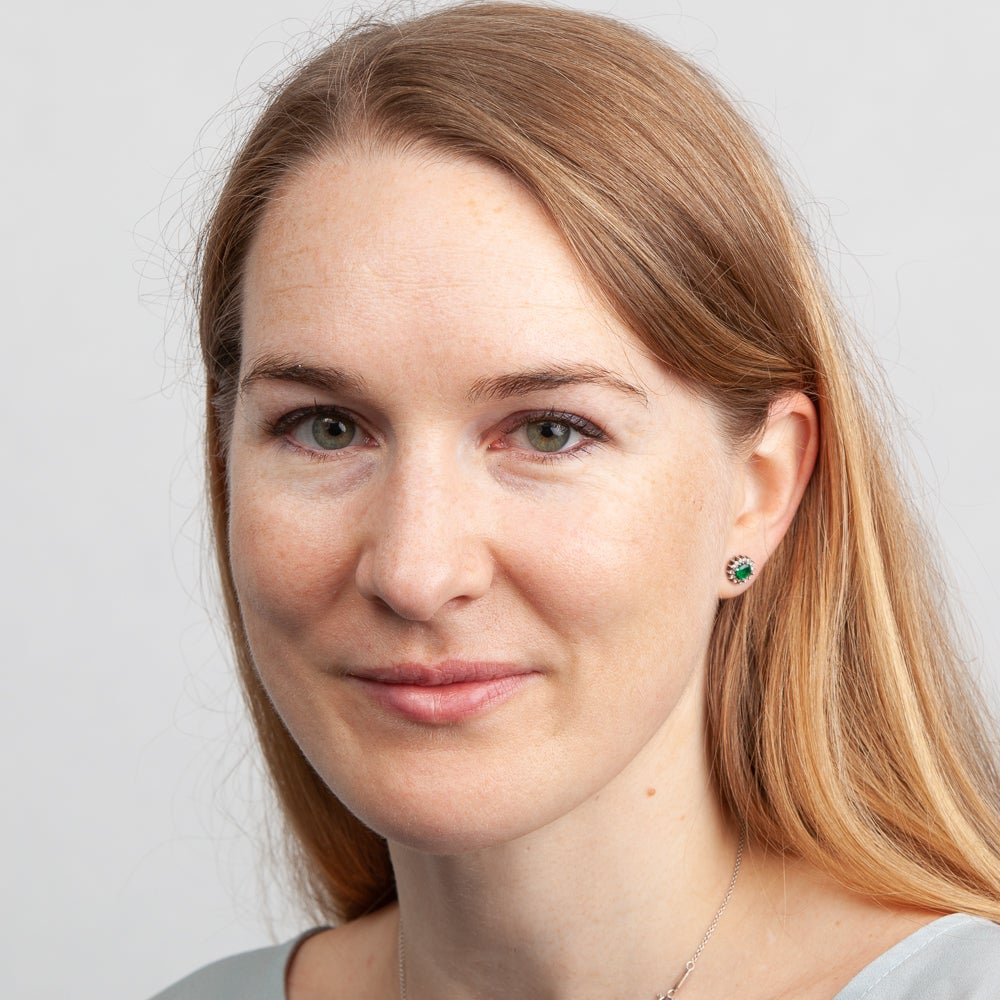
Francine van den Brandeler
Francine is an applied researcher and policy analyst, focused on better preparing cities for the challenges associated with environmental degradation and climate change. Her work is inter and trans-disciplinary, and embedded at the research-policy-practice interface. Her ongoing research projects examine governance barriers relating to the implementation of multifunctional blue-green infrastructure in the Swiss lowlands (in collaboration with Biologists and Political Scientists at Eawag, in Switzerland), and decentralized water reuse technologies in megacities of the Global South (in collaboration with Eawag Engineers and Practitioners from the WaterReuseLab in India). These projects aim to expand our understanding of how cities can design adequate governance frameworks to adapt to complex environmental challenges.
Francine obtained a PhD in Urban Governance and International Development Studies from the University of Amsterdam, under the supervision of Dr. Joyeeta Gupta. Her dissertation was on “Scalar Mismatches in Metropolitan Water Governance: A Comparative Study of São Paulo and Mexico City”, and it addressed governance challenges that prevent mega-cities in the Global South from better managing their water resources. During her doctoral studies, she participated in the Young Scientists Summer Program at the International Institute for Applied Systems Analysis (IIASA) in Vienna. Francine was also a co-author of the GEO For Cities Report prepared by the United Nations Environmental Program (UNEP), which provided guidance to city governments around the world on how to make cities more resilient and sustainable. Before joining the Earth Commons she was a research fellow at the water research institute Eawag, based in Switzerland, and the water and climate lead at Greenleaf Communities, a Chicago-Based NGO focused on bridging environmental sciences and effective policy solutions. Francine’s work and research experience spans across more than 14 countries in Europe, the United States, Latin America, Africa, and Asia.
Jordan Wilson
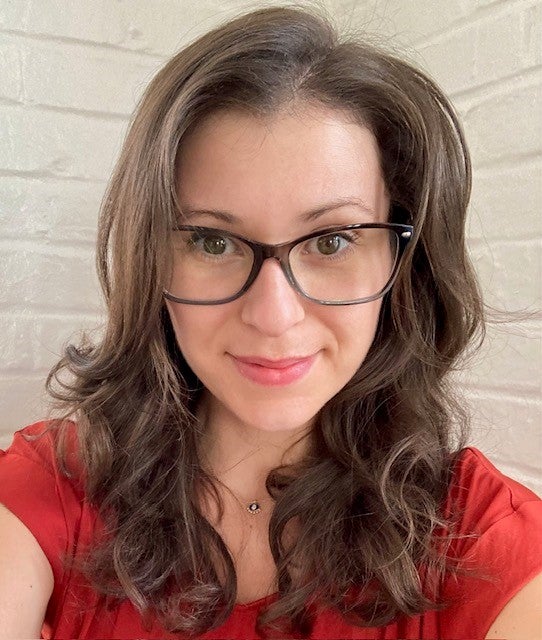
Jordan Wilson is a skeletal biologist and bioarchaeologist specializing in the relationship between environmental change, disease, and human skeletal health and development. She earned her undergraduate and Master’s degrees from Tulane University before completing her Ph.D. in Anthropology at The University of Arizona. During her doctoral studies, Dr. Wilson focused on identifying malaria in Roman infant skeletal remains using paleopathological methods and explored the broader impact of this disease on the living community.
After earning her Ph.D., Dr. Wilson undertook an NIH-funded postdoctoral fellowship at Penn State, where she gained insight into the formation of developmental skeletal pathologies from the early embryonic period onward using advanced 3D imaging techniques.
Currently, Dr. Wilson is an Earth Commons postdoctoral fellow, continuing her research on malaria. Her work integrates disease ecology, skeletal biology, paleoclimatology, archaeology, and history to reconstruct the past environmental and social conditions that facilitated the transmission of malaria in ancient Greece and Italy. By employing transdisciplinary methods and frameworks such as planetary health, syndemics, and One Paleopathology, she aims to understand how changing environmental conditions contribute to long-term negative health outcomes for communities where malaria is present and where it is expected to resurge due to climate change. Dr. Wilson collaborates with multiple interdisciplinary researchers both at Georgetown and beyond.
Faculty Fellows
The ECo Faculty Fellowship supports Georgetown faculty actively pursuing inter- or cross-disciplinary work around the environment and sustainability. Faculty Fellows are engaged in shared, long-term projects for multiple years.
Derek Goldman

Derek Goldman, co-Founding Director of the Laboratory for Global Performance and Politics (the Lab) and Professor of Theater and Performance Studies, is developing a ground-breaking initiative with vibrant curricular and public programming elements at the intersection of performance/ multi-disciplinary arts and the environment. Together with the Earth Commons, he will curate an innovative high-profile program of public events, festivals, performances, residencies and concerts at the intersection of environment, climate, intergenerational justice, sustainability, global health and development. He will serve as a core resource to integrate the arts into ECo curricular development initiatives.
Olúfẹmi O. Táíwò
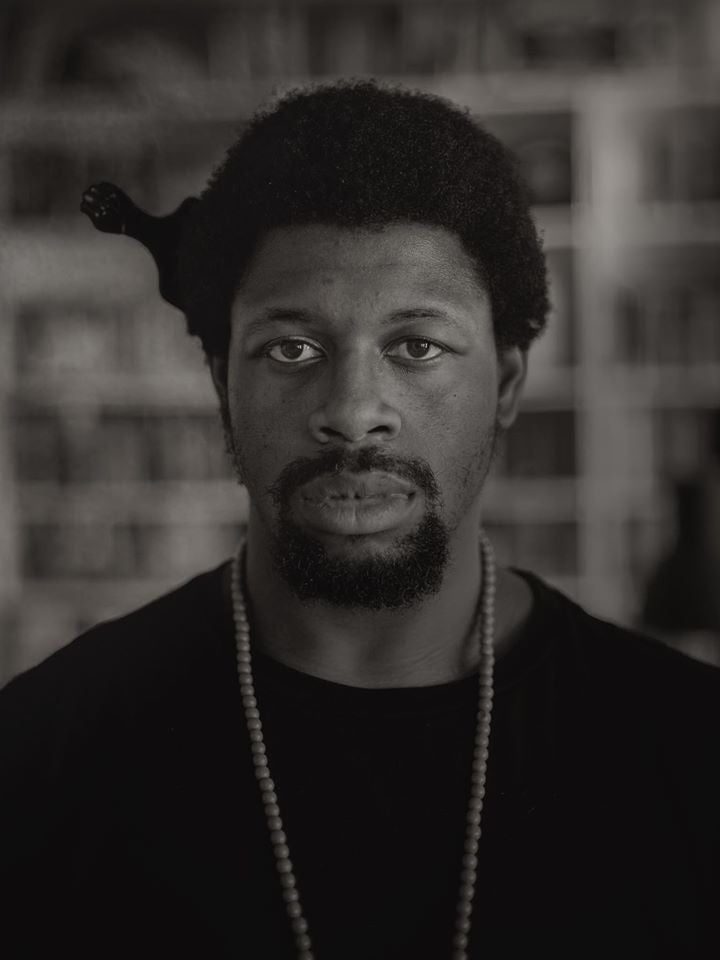
Olúfẹmi O. Táíwò is an associate Professor of Philosophy at Georgetown University who combines Black radical tradition, philosophy of language, social science, materialist thought, and histories of activism and activist thinkers in his explorations of environmental and climate justice.
Research Fellows
To be announced
Post-baccalaureate Fellows
ECo Post-baccalaureate Fellows are Georgetown alumni designing and implementing environmental and sustainability projects on campus and in our local and global communities. Fellows work in collaboration with faculty and other centers at the University and further our university’s mission to care for our common home. Fellowships have been awarded for the 2023-2024 academic year.
Charlotte Correiro
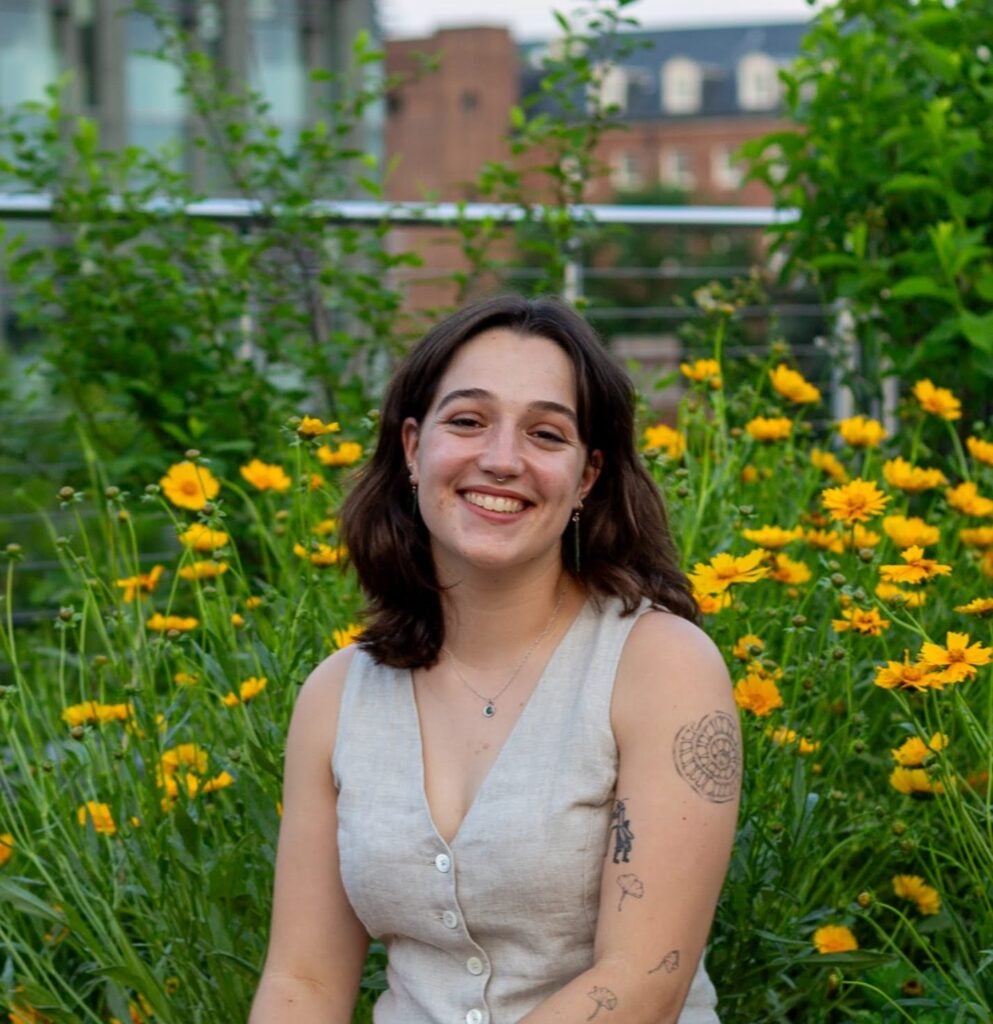
Charlotte is a former student gardener in the Hoya Harvest and a recent Georgetown graduate (COL ’24) from Dartmouth, Massachusetts. She studied Environmental Biology and Education, Inquiry, & Justice (EDIJ) and is looking forward to combining these interests in her work in the garden, connecting people and plants (and good food!). With a background in small-scale vegetable farming, she is excited to continue learning from the unique challenges of sustainable agriculture in an urban setting. You can find her in the garden picking basil for pesto, admiring the fig trees, or planning a new natural dye project.
Sign up for our newsletter for updates
Our newsletter includes breaking research and stories, fellowship and job postings, environment and sustainability events and educations opportunities, and much more.

